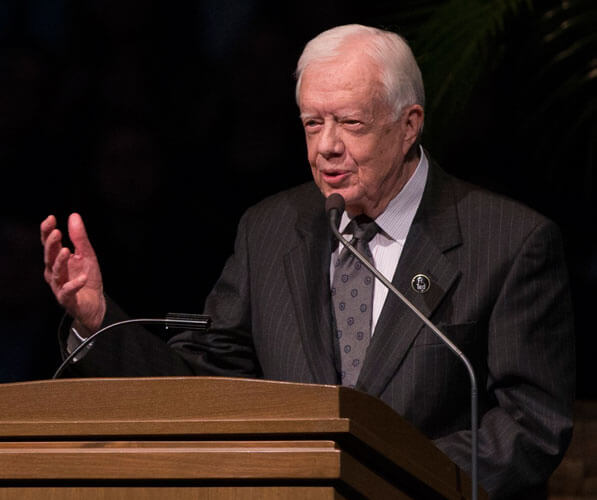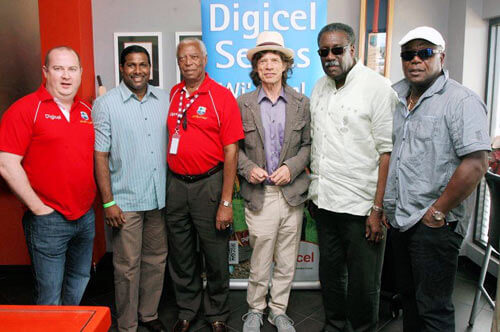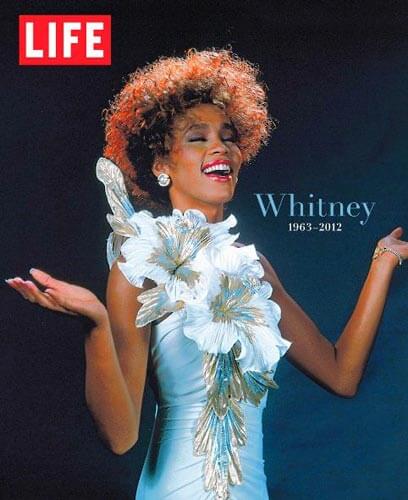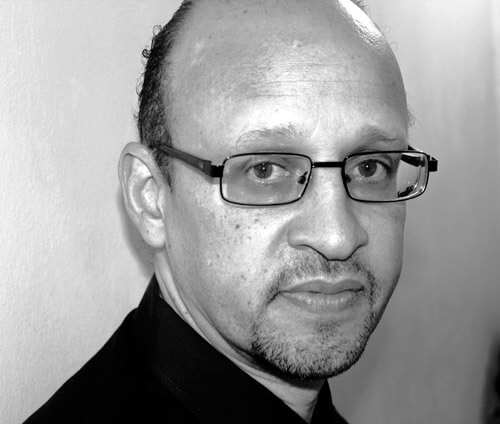If the answer to a television game show Jeopardy question is “former United States President Jimmy Carter” the question must be “who is the busiest president no longer living in the White House.”
Since leaving office in 1981, the 39th president of the USA has busied himself traveling the globe to improve the quality of life of citizens living on virtually every continent.
No sooner than he left the White House, Carter mobilized to build houses for the poor. After launching Habitat for Humanity, he and teams of volunteers constructed homes they gave to citizens that might otherwise never own property.
Perhaps he was motivated by the fact he is the only president to have ever lived in public housing, he identified with the plight of not owning a dwelling and relying on government subsidies in order to survive.
One year after serving in the highest capacity of leadership in America, President Carter and his wife Rosalyn founded the Atlanta-based Carter Center which has helped to improve the quality of life for people in more than 70 countries.
Committed to advancing human rights and alleviating unnecessary human suffering, they have relentlessly exemplified the motto of the Carter Center — “Waging Peace. Fighting Disease. Building Hope.”
This week the 90-year-old former president — from 1977 to 1981 — will lead an observer mission to monitor the May 11 regional and national elections in Guyana.
They will be joined by a larger delegation of election observers next month and for the fourth time the 2002 Nobel Peace Prize winner will lead the monitoring team.
“I look forward to leading our delegation to observe Guyana’s elections on May 11,” the former president said.
The election is regarded as a contest between the ruling People’s Progressive Party/Civic (PPP/C) which is seeking to extend its more than two decades hold on power and the coalition alliance comprising the main opposition, a Partnership for National Unity (APNU) and the small Alliance for Change (AFC).
“The Carter Center has a long history in Guyana and great respect for the Guyanese people. These will be the fourth elections we have observed there since 1992, and we trust they will be peaceful and inspire hope for the future.”
It was Oct. 5, 1992 when Carter’s Council of Freely Elected Heads of Government observed presidential elections in Guyana.
Two years later, on Sept. 28, 1994 the Carter Center opened an office in Georgetown, Guyana to support the country’s efforts for economic development, electoral reform, and preservation of the environment.
After that, the former Plains, Georgia, peanut farmer met with Guyana President Cheddi Jagan on April 23, 1996 to discuss implementation of Guyana’s comprehensive long-term development strategy.
Earlier that year he headed delegations to Nicaragua, the Dominican Republic and prior to that Guatemala, Liberia, Ethiopia, Guinea, Sudan, China, Chile, Burkino Faso, Nigeria, Mozambique, Uganda and numerous countries in the sub-Saharan regions of Africa.
Perhaps, best remembered for returning the Panama Canal Zone to Panama, the one-term Democratic president has been actively involved in eradicating diseases throughout Africa.
In partnership with the Organization of American States (OAS) Carter as head of the Center also monitored elections in Belize, Haiti and Jamaica.
Once again invited by the Guyana government to monitor the polls, the Carter Center along with collaborating groups will assess the voting, counting, and tabulation processes.
In a statement released by the Atlanta-based organization, reportedly the core team of experts will be joined this week by six medium-term observers, together representing nine countries.
The Center’s observers will meet regularly with representatives of the Guyana Elections Commission, political party candidates, civil society organizations, the international community, and citizen election observers to assess electoral preparations and the pre-electoral environment, including election administration, campaigning, voter education and other issues.
Catch You On The Inside!



























